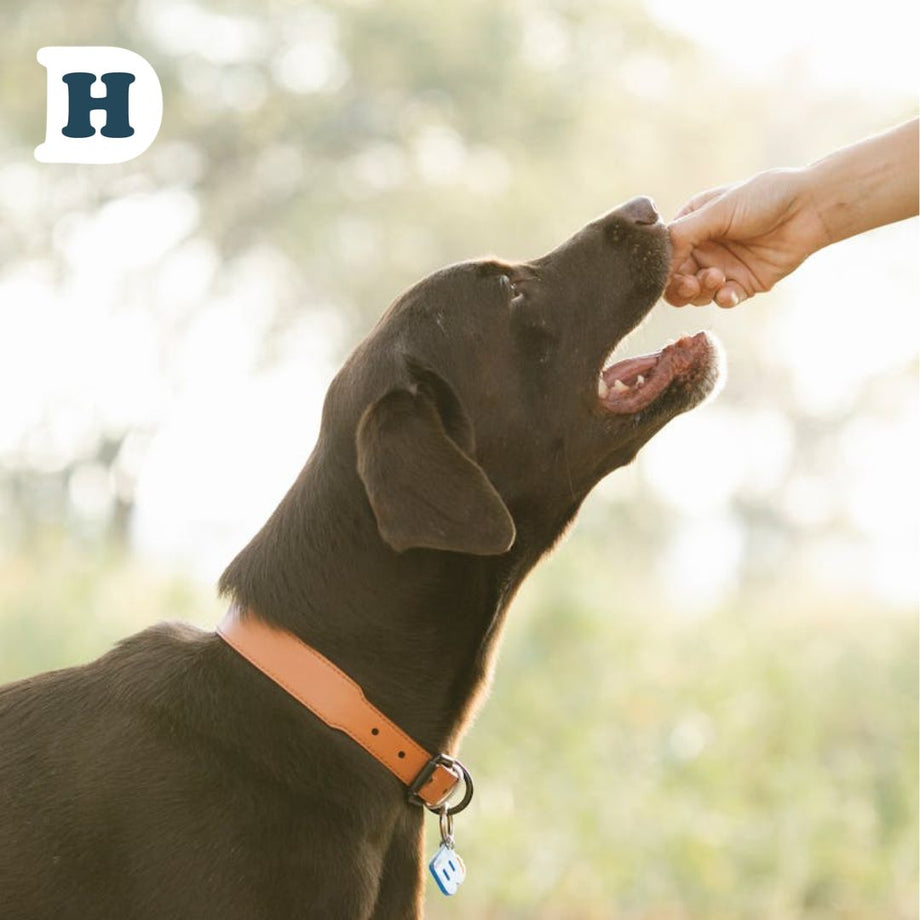Dogs have always been known as man's best friend, but have you ever wondered why they have certain instinctual behaviours? In this article, we take a look at the science behind the spin, exploring why dogs engage in a peculiar spinning or circling behaviour before settling down.
While it may seem like a cute quirk, this instinctual behaviour actually serves a purpose rooted in their evolutionary past. Through research and expert analysis, we unravel the mysteries behind this fascinating behaviour and shed light on why dogs exhibit it.
Understanding this spinning behaviour can help us better comprehend our furry friends and strengthen the bond we share with them. Join us as we uncover the science behind the spin and gain insight into the inner workings of our canine companions.
So, whether you're a seasoned dog owner or simply curious about these endearing creatures, this article offers valuable knowledge that will leave you with a deeper appreciation for the instinctual behaviours displayed by our four-legged friends. Get ready to unlock the secrets of the spin and learn more about the captivating world of dogs!
Understanding dog behaviour through evolution
Dogs have been domesticated for thousands of years, but their behaviours are still influenced by their ancestors. To understand why dogs engage in spinning behaviour, we must first look at their evolutionary history.
Canines, including wolves, are pack animals with a hierarchical social structure. Spinning behaviour is often observed in wolf packs before they settle down for rest or sleep. This behaviour is believed to be a way for the pack members to create a safe and comfortable sleeping area. Some scientists believe that as wolves, they would circle to crush down a patch in long grass to be disguised from other predators. The circling behaviour allowed them to do a complete 360 degree check for predators as well as to see where other members of their pack are.
When dogs were domesticated, this instinctual behaviour persisted, even though their sleeping environments have changed. It is a fascinating glimpse into their ancestral past and shows how deeply ingrained these behaviours are.
The role of instincts in a dog's daily life
Instincts play a crucial role in a dog's daily life, guiding their behaviour and helping them navigate the world around them. While domestication has led to changes in their behaviour, many instinctual behaviours remain intact. Spinning before settling down is just one example of how instincts shape a dog's actions.
These instincts are hardwired into a dog's DNA and are essential for their survival and well-being. They provide dogs with the necessary skills to communicate, hunt, and protect themselves. Understanding and acknowledging these instincts is vital for creating a harmonious relationship with our furry companions.
The importance of recognising and addressing instinctual behaviours
By observing your dog going through the same actions, albeit in a comfy bed, you can rest assured that this is completely normal behaviour. It also signals that your dog is ready for a rest. Ignoring or suppressing these behaviours can lead to frustration and even behavioural issues. By understanding the science behind these behaviours, we can provide our dogs with appropriate outlets and ensure their well-being.
Spinning before settling down is a natural behaviour for dogs, and attempting to eliminate it entirely may not be feasible or necessary. Instead, we can redirect this behaviour and provide alternative ways for dogs to feel secure and comfortable.
To help your dog settle, we recommend providing them with a comfortable circular bed to ensure their needs are met. There are also microfibre mats that can provide dogs with similar stimulation to scratching an area to sleep. There are mats and raised cushioned beds available in this range of Dirty Dog Doormats and Beds
Common instinctual behaviours exhibited by dogs
Spinning or circling before settling down is just one of the many instinctual behaviours that dogs display. Other common instinctual behaviours include digging, chewing, and marking territory. These behaviours have their roots in their wild ancestors and serve various purposes.
Digging, for example, is an instinctual behaviour that goes back to when dogs needed to create shelters or find prey. Chewing helps keep their teeth clean and provides mental stimulation. Marking territory is a natural way for dogs to communicate and establish boundaries. Understanding these behaviours can help us meet our dogs' needs and prevent any potential behavioural issues.
The spinning behavior before settling down is an intriguing aspect of a dog's instinctual behaviour. Research suggests that this behaviour is linked to a dog's need to create a comfortable and safe sleeping environment. By spinning, dogs are instinctively preparing a space that meets their needs.
This behaviour can also be influenced by environmental factors, such as the texture of the surface they are about to lie on. Dogs may spin more on softer surfaces, such as beds or blankets, as they try to create the perfect spot.
Understanding the science behind this behaviour can help us provide our dogs with the appropriate sleeping arrangements and ensure their comfort. It also gives us insight into their innate needs and behaviours, allowing us to better meet their requirements.
The role of genetics in instinctual behaviours
Interestingly, genetics also play a significant role in a dog's instinctual behaviours. Different breeds have been selectively bred for specific traits, including behaviours. For example, herding breeds have a strong instinct to gather and control livestock, while retrievers have an innate desire to fetch and carry objects.
The spinning behaviour before settling down may be more prevalent in certain breeds due to their genetic predisposition. Understanding the breed-specific behaviours can help us tailor our approach to training and caring for our dogs.
Embracing and understanding a dog's instinctual behaviours
The spinning behaviour exhibited by dogs before settling down is rooted in their evolutionary past. It serves a purpose in creating a safe and comfortable sleeping environment, as it did for their wild ancestors. Recognising and understanding these instinctual behaviours is essential for building a strong bond with our canine companions.
By embracing and addressing these behaviours, we can ensure our dogs' well-being and create a harmonious living environment. So, the next time you see your dog spinning before settling down, remember that it's not just a cute quirk, so switch off the lights and allow them some quiet time!
©deliveryhound.com.au 2024







